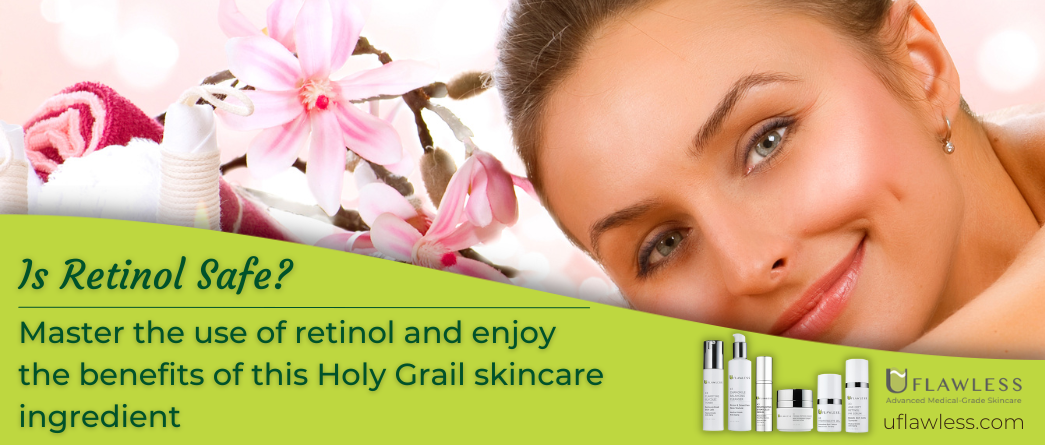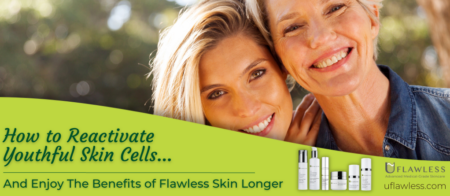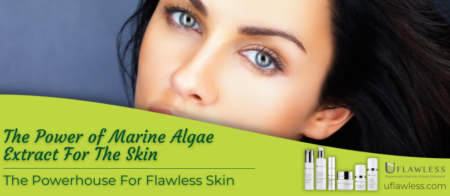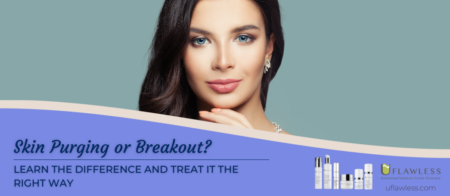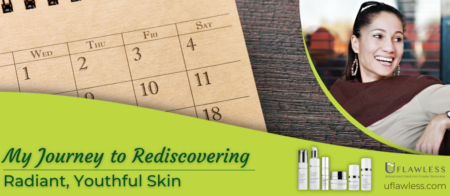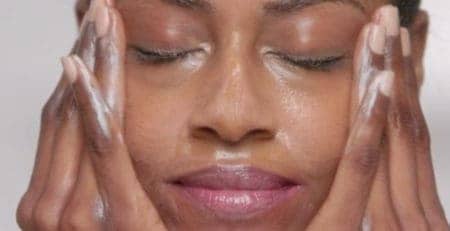Is Retinol Completely Safe?
Retinol, a form of Vitamin A, is a popular ingredient in skincare known for reducing wrinkles and improving skin texture. But is it completely safe? For most people, retinol is safe when used as directed. However, it can cause skin irritation, redness, and peeling, especially when you first start using it.
It’s important to introduce retinol slowly into your skincare routine and watch how your skin reacts.

Master The Use Of Retinol And Enjoy Safely The Benefits
Achieving youthful, radiant skin safely with retinol is all about mastering its use.
Overuse can cause rash and irritation, while underuse leaves skin dull.
The key to safe and effective retinol application lies in gradually integrating it into your skincare routine, ensuring your skin adapts comfortably.
By finding the perfect balance in concentration and frequency, you can safely unlock retinol’s age-defying benefits, ensuring vibrant skin without the risk of irritation.
Embrace the power of retinol safely, and let your skin’s natural beauty shine through.
Who Should Avoid Using Retinol?
Certain people should be cautious with retinol. Pregnant or breastfeeding women are often advised to avoid retinol due to the lack of research on its safety in these conditions. People with very sensitive skin or conditions like eczema may also want to steer clear, as retinol can irritate their skin further. Always consult a dermatologist before starting retinol if you have concerns.
Is Retinol Safe for Breastfeeding?
The safety of retinol during breastfeeding is a topic of caution in the medical community.
Topical retinol is widely used for its anti-aging and acne-treating benefits, but when it comes to breastfeeding, the advice tends to err on the side of caution.
Concerns with Retinol During Breastfeeding
- Systemic Absorption: While the amount of retinol absorbed through the skin is generally low, there is a concern that it could enter the bloodstream and, consequently, the breast milk. This potential for systemic absorption prompts caution among healthcare providers.
- Vitamin A Toxicity: Vitamin A is crucial for health, but too much can be harmful. Excessive Vitamin A can lead to toxicity, and since infants are much more sensitive to Vitamin A levels, the concern is that even small amounts in breast milk could affect them.
- Lack of Research: There is limited research on the effects of topical retinol use during breastfeeding, leading to a conservative approach. Without definitive studies, the potential risks cannot be fully assessed, and the safety profile remains unclear.
Retinol Recommendations For Breastfeeding Moms
Due to these concerns, many health professionals and organizations, including the American Academy of Dermatology and the American College of Obstetricians and Gynecologists, recommend avoiding retinol and other retinoids during breastfeeding. The precaution is based on the principle of minimizing any potential risk to the infant, even though the actual risk from topical use may be low.
Alternatives to Retinol during Breastfeeding
Breastfeeding mothers seeking skincare alternatives can consider ingredients that are considered safer during this period:
- Hyaluronic Acid: For hydration and plumping the skin.
- Vitamin C: An antioxidant that helps with brightness and skin tone.
- Peptides: For enhancing skin elasticity and reducing fine lines.
- Niacinamide (Vitamin B3): For reducing inflammation, redness, and hyperpigmentation.

Retinol is a safe natural producer of blood vessels on the skin, delivering a natural vibrancy to your complexion
Retinol acts as a catalyst for your skin, encouraging the formation of new blood vessels.
Think of your skin as a landscape; retinol’s role is akin to nurturing the ground to sprout new life.
These new blood vessels are essential for transporting nutrients and oxygen, revitalizing the skin’s appearance from within.
As a result, your skin gains a vibrant, healthy glow, akin to a garden in full bloom.
Essentially, retinol rejuvenates your skin, making it look more radiant and youthful, thanks to the improved circulation and the nourishing benefits that these new vessels bring.
Is retinol safe for psoriasis?
Although Retinol is commonly used in skincare for its ability to promote skin renewal, individuals with psoriasis require careful consideration.
Psoriasis is a chronic autoimmune condition characterized by the rapid buildup of skin cells, leading to scaling on the skin’s surface, inflammation, and red patches.
The Role of Retinol in Psoriasis Management
Retinol has been used in the treatment of psoriasis. Prescription retinoids, such as tazarotene, are specifically approved for the treatment of psoriasis. These medications work by modulating skin cell growth and inflammation, which are key aspects of psoriasis pathology.
Considerations and Cautions of Retinol and Psoriasis
- Irritation and Sensitivity: Retinol can cause skin irritation, dryness, and sensitivity, particularly when first used. For individuals with psoriasis, who already have sensitive and compromised skin, retinol could potentially worsen these symptoms.
- Concentration and Formulation: The concentration of retinol and the type of formulation can influence its suitability for someone with psoriasis. Lower concentrations and formulations designed for sensitive skin might be less likely to irritate.
- Individual Variability: Psoriasis can vary significantly from person to person in terms of its severity, locations affected, and how it responds to different treatments. What works for one person might not work for another, and some individuals with psoriasis may be able to use retinol without adverse effects, while others may experience worsening symptoms.
Best Practices for Using Retinol on Psoriasis
- Patch Test: Before applying retinol to larger areas of skin affected by psoriasis, conducting a patch test on a small area can help gauge how the skin will react.
- Consultation with a Dermatologist: Individuals with psoriasis must consult with a dermatologist before adding retinol or any new skincare product to their routine. A healthcare professional can provide personalized advice based on the individual’s skin condition, severity of psoriasis, and overall health.
- Monitoring and Adjustment: If a dermatologist approves the use of retinol, starting with a low concentration and gradually increasing it based on the skin’s tolerance can minimize potential irritation. Monitoring the skin’s response and adjusting usage accordingly is important.

The Top 10 Benefits of Retinol
- Reduces Fine Lines and Wrinkles: Retinol boosts collagen production, which helps reduce the appearance of fine lines and wrinkles, making your skin look smoother and younger.
- Evens Out Skin Tone: It can lighten dark spots and hyperpigmentation, resulting in a more even skin tone. This is because retinol accelerates the turnover of skin cells, replacing discolored cells with new ones.
- Improves Skin Texture: Regular use of retinol can make your skin feel softer and smoother by promoting the shedding of dead skin cells and encouraging the growth of new ones.
- Controls Acne: Retinol helps to unclog pores, reducing acne breakouts. It also helps to diminish the scars left by past blemishes by encouraging cellular renewal.
- Minimizes Pores: By clearing out pores and encouraging collagen production, retinol can make pores appear smaller and less noticeable.
- Boosts Skin Hydration: While retinol is known to cause dryness initially, it eventually helps to improve your skin’s capacity to retain moisture, leading to better-hydrated skin over time.
- Fights Signs of Aging: Apart from reducing existing signs of aging, retinol also slows down the skin’s aging process by protecting it from damage caused by free radicals and sun exposure.
- Increases Skin Elasticity: With its ability to promote collagen production, retinol enhances skin elasticity, making it firmer and preventing sagging.
- Improves Skin Brightness: By removing dead skin cells and enhancing skin renewal, retinol gives your skin a brighter, more radiant appearance.
- Treats Psoriasis: Retinol can help manage psoriasis symptoms by encouraging the turnover of skin cells, reducing the scale and thickness of psoriasis patches.
What Is The Safest Retinol Available In The Market Today?
Formulated with 0.5% Medical Grade for optimal purity, this unique blend incorporates magical botanical extracts, phospholipids, and glycolipids. It creates a harmonious mix of advanced actives and natural elements, fostering total skin renewal from the deepest layers to the surface without any harm.
More Benefits:
- Boosts skin cell turnover
- Stimulates Collagen in the Long Term
- Restoring radiant and youthful glow
- Minimizes dryness or peeling from conventional Retinoids
What Percentage of Retinol is Safe?
Retinol products have various strengths, from 0.25% to over 1.0%. For beginners, it’s safest to start with a lower concentration, like 0.25% or 0.5%, and gradually increase as your skin gets used to it.
Higher concentrations are more effective but increase the risk of skin irritation. It’s a balance between effectiveness and comfort for your skin
([Skin Care Foundation]).
At What Age Should I Start Using Retinol?
As each of us is unique, there’s no such thing as saying we should start at a certain age. Many experts, however, suggest starting in your late 20s or early 30s.
This is when collagen production begins to slow down, and early signs of aging appear.
However, it’s more about the condition of your skin than your age. If you’re noticing fine lines or sun damage, it might be time to consider retinol, regardless of your age
([National Institute of Skin Health]).
Why Wait 20 Minutes After Retinol?
Waiting 20 minutes after applying retinol before moving on to the next step in your skincare routine is crucial.
This allows your skin to absorb the retinol, maximizing its benefits fully.
Applying moisturizer or other products too soon can dilute the retinol, reducing its effectiveness. Plus, this wait time minimizes the chance of irritation
([Skin Health Research Center]).
Is it Bad to Use Retinol Every Day?
Starting daily use of retinol right away can overwhelm your skin, leading to irritation.
It’s best to begin using it a few times a week, gradually increasing to daily as your skin adjusts.
Listen to your skin; if irritation occurs, reduce frequency.
Daily use is the goal for many, but it’s not essential for seeing benefits.
([Dermatological Society]).
Is Retinol a Hormone Disruptor?
Retinol is not considered a hormone disruptor.
While it’s derived from Vitamin A, it doesn’t interfere with hormone levels or function.
Some concerns about vitamin A derivatives and health exist, but retinol used in skincare is generally deemed safe and not a risk for hormonal imbalance.
([Endocrine Society], [Cosmetic Ingredient Review]).
You can have peace of mind that we at UFlawless did good research with these scientific references about retinol.
Vitamin A (Retinol) and Skin Health
Retinoids and skin health
Retinol Study in the endocrine system


